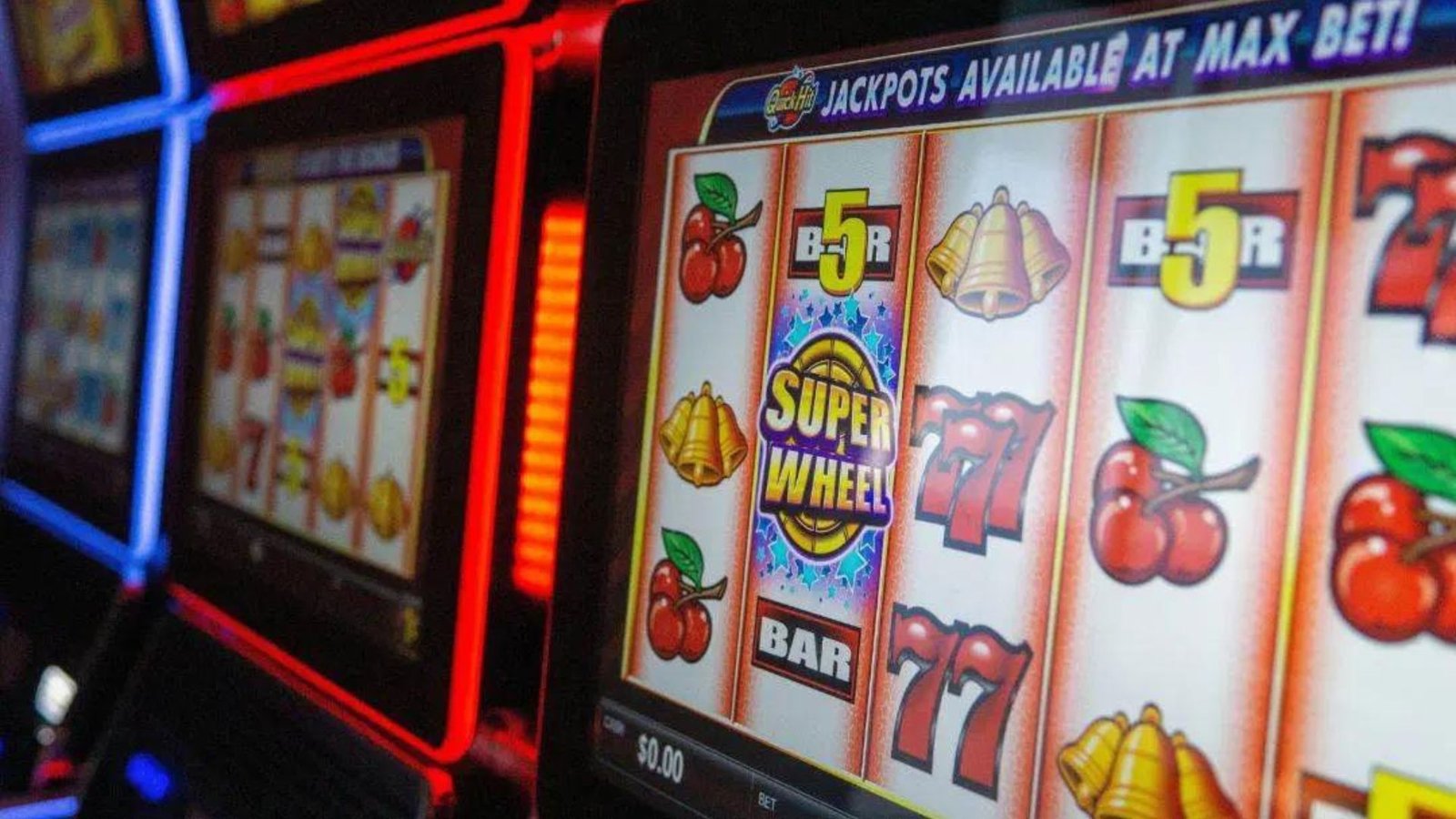Responsible gambling is essential for maintaining a safe and enjoyable gaming experience. Whether playing at a land-based casino or online platform, it’s important to set limits and recognize when to stop. Let’s explore some key strategies for practicing responsible gambling:
1. Set a Budget
Establish Limits:
- Before starting your gaming session, set a budget for how much money you’re willing to spend. This budget should be an amount that you can afford to lose without negatively impacting your finances or lifestyle.
Stick to Your Budget:
- Once you’ve set a budget, stick to it. Avoid the temptation to chase losses or exceed your predetermined spending limit. If you reach your budgeted amount, stop playing and resist the urge to continue gambling.
2. Monitor Your Time
Time Management:
- Set time limits for your gaming sessions to prevent excessive or prolonged play. Take regular breaks to step away from the game and engage in other activities. Use alarms or timers to remind yourself when it’s time to stop playing.
Avoid Extended Sessions:
- Extended gaming sessions can lead to fatigue, reduced concentration, and impulsive decision-making. Limit your playtime to shorter, more manageable sessions to maintain focus and enjoyment.
3. Recognize Warning Signs
Signs of Problem Gambling:
- Be aware of the warning signs of problem gambling, such as chasing losses, neglecting responsibilities, lying about gambling habits, or experiencing financial difficulties. If you or someone you know exhibits these signs, seek help from a professional counselor or support group.
Self-Reflection:
- Regularly assess your gambling habits and attitudes towards gaming. If you find yourself feeling anxious, stressed, or preoccupied with gambling, it may be a sign that you need to reevaluate your gaming behavior and seek support if necessary.
4. Utilize Self-Exclusion Tools
Self-Exclusion Programs:
- Many online casinos offer self-exclusion programs that allow players to voluntarily restrict their access to gaming platforms for a specified period. Consider enrolling in these programs if you’re struggling to control your gambling habits or need a break from gaming.
Block Access to Gambling Sites:
- Use website blocking tools or software to block access to online gambling sites on your devices. This can help prevent impulsive gambling and provide a barrier between you and potentially harmful gaming environments.
5. Seek Support
Reach Out for Help:
- If you’re struggling to manage your gambling habits or experiencing negative consequences as a result of gaming, don’t hesitate to seek help. There are numerous resources available, including helplines, counseling services, and support groups, designed to assist individuals affected by problem gambling.
Talk to Loved Ones:
- Openly communicate with trusted friends or family members about your gambling concerns. Sharing your experiences and seeking support from loved ones can help alleviate feelings of isolation and provide encouragement on your journey towards responsible gambling.
Conclusion
Practicing responsible gambling involves setting limits, monitoring your gaming behavior, and recognizing when to seek help if needed. By establishing a budget, managing your time effectively, and staying vigilant for warning signs of problem gambling, you can enjoy gaming in a safe and responsible manner. Remember, gambling should be a form of entertainment, and maintaining control over your gaming habits is essential for a positive and fulfilling gaming experience.












Chưa dừng lại ở đó, hệ thống bảo mật của chúng tôi cũng đã nhận về rất nhiều lời khen từ chuyên gia cá cược. xn88 Nhà cái hiện đang sử dụng công nghệ mã hoá SSL chuẩn 128 bit hiện đại. Vì vậy toàn bộ thông tin cá nhân người dùng sẽ tránh được hoàn toàn tình trạng hacker xâm nhập và đánh cắp. Tuy nhiên để tăng tính an toàn tối đa, thương hiệu vẫn thường xuyên khuyến cáo bet thủ nên thay đổi password định kỳ. TONY12-26
Thanks for sharing. I read many of your blog posts, cool, your blog is very good.
Thank you for your sharing. I am worried that I lack creative ideas. It is your article that makes me full of hope. Thank you. But, I have a question, can you help me? https://accounts.binance.com/sv/register-person?ref=GQ1JXNRE
When I originally commented I clicked the “Notify me when new comments are added” checkbox and now each time a comment is added I get several e-mails with the same comment. Is there any way you can remove me from that service? Thanks!
There is noticeably a bundle to learn about this. I assume you made sure nice factors in options also.